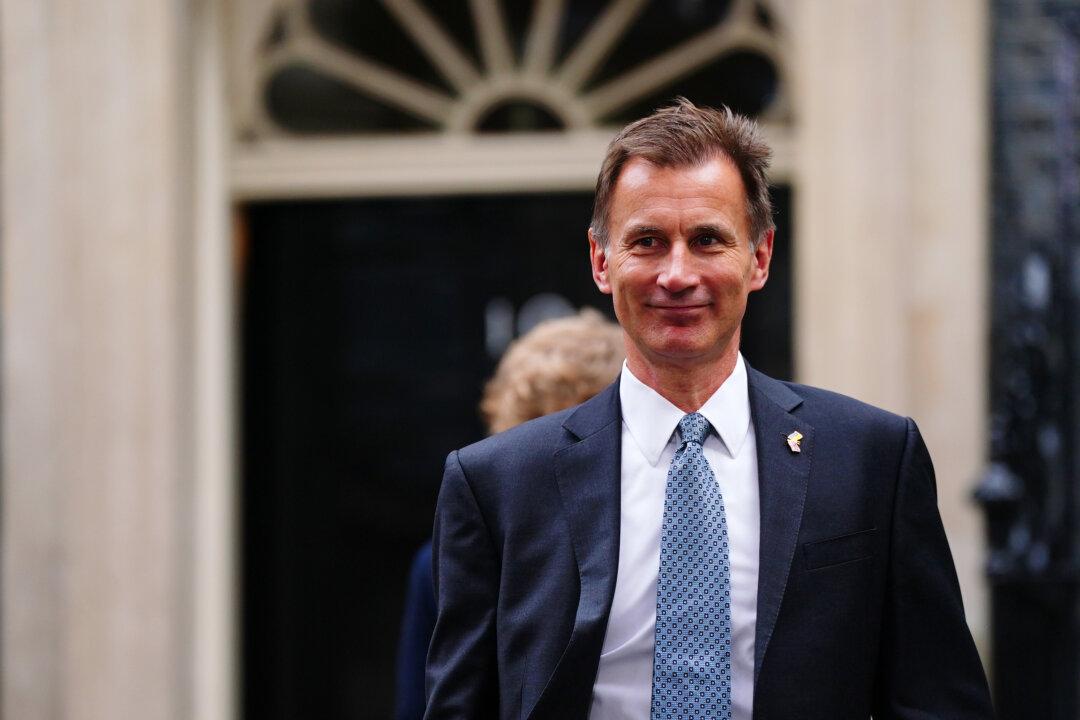The Treasury’s medium-term fiscal plan is pushed back from Halloween to Nov. 17 and it’s upgraded to a full autumn statement, Downing Street said on Thursday, one day after Prime Minister Rishi Sunak took the job.
Chancellor of the Exchequer Jeremy Hunt said it’s “prudent” to delay the announcement to allow time for more accurate economic forecasts.





